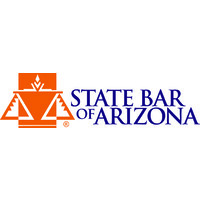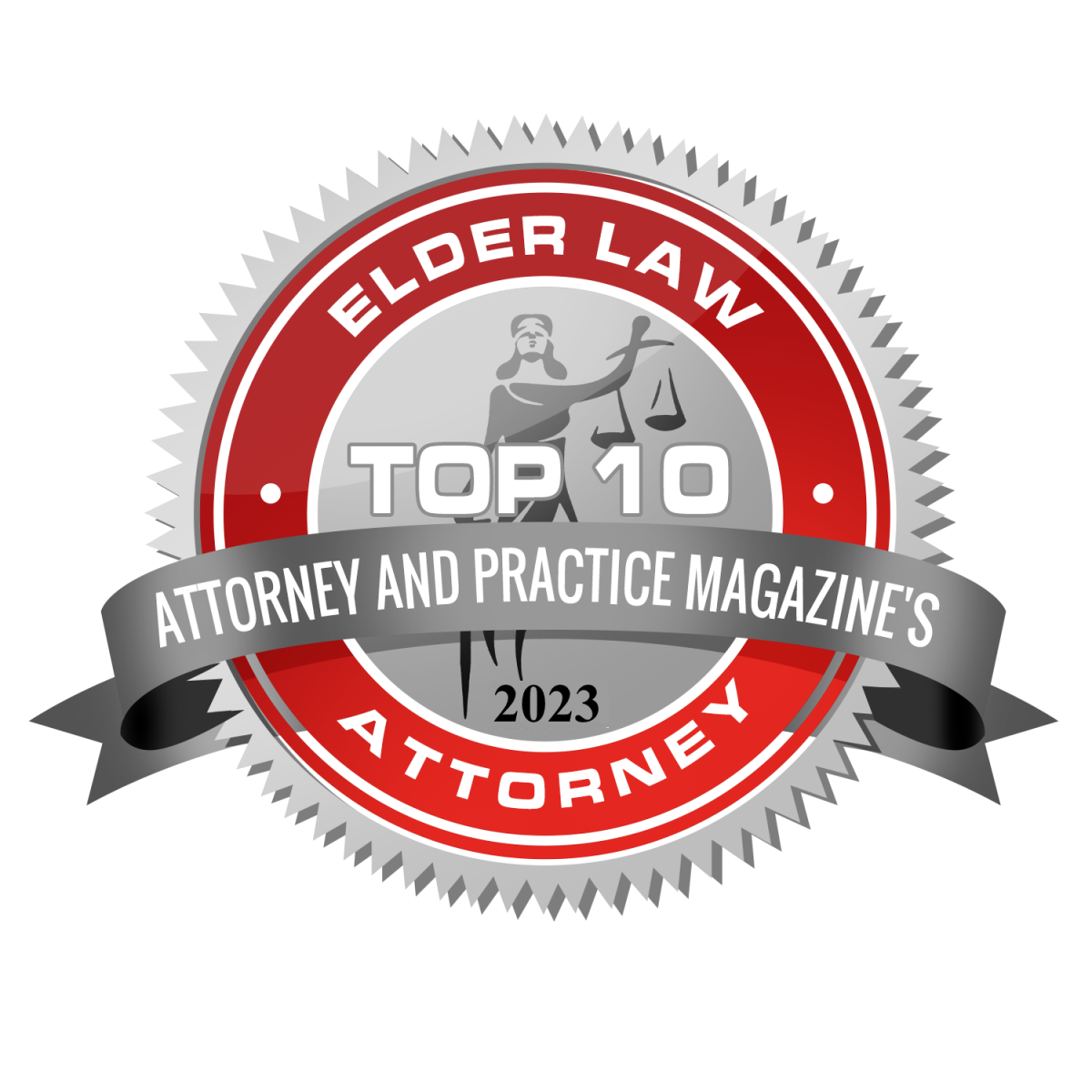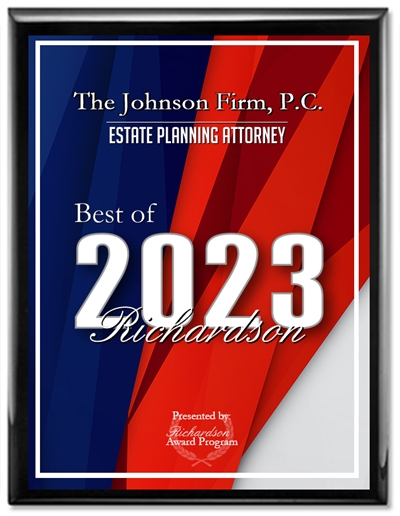The Redetermination Process for Medicaid Benefits
Submitted by The Johnson Firm on
The Medicaid agency reviews a beneficiary's eligibility for continued Medicaid coverage as part of a Medicaid redetermination process. Typically, this process occurs annually.
Understanding the SECURE Act Impact on Special Needs Trusts
Submitted by The Johnson Firm on
As long as an individual with a disability is in a special needs trust (SNT), or supplementary needs trust, they are still eligible for government benefits and receive additional financial assistance. Under the SSA expenditure rules, an SNT can provide additional monies to enhance the beneficiary’s lifestyle while maintaining Medicaid, Social Security Disability Insurance (SSDI), or Supplemental Security Income (SSI).
A Look at Retirement Trends for Seniors in 2023
Submitted by The Johnson Firm on
Senior consumerism is evolving into a market centered on wellness and solutions at an affordable price. Improving and maintaining greater physical and mental health lifestyles through proactive and preventative measures is increasing. For seniors to thrive and flourish in retirement, technology and reliance on community and home-centered care is a game changer for wellness, financial viability, and happiness.
An Overview of How Elder Law Attorneys Benefit Seniors and Their Families
Submitted by The Johnson Firm on
In elder law, a certified elder law attorney (CELA) represents aging adults and their families in legal matters. Elder law encompasses a wide range of legal matters affecting an older or disabled person.
A Guide to Understanding Living Wills
Submitted by The Johnson Firm on
A living will specify your wishes regarding life-sustaining medical treatment.
Adults With Disabilities Requiring Guardianship or Conservatorship
Submitted by The Johnson Firm on
Guardianships and conservatorships are legal arrangements for adults with developmental disabilities who are incapable of making important decisions or caring for themselves on their own. Establishing a legal guardian is the job of the court, which appoints a person (guardian) to make personal and financial decisions for individuals lacking the capacity to make those decisions for themselves.
A Comparison of Irrevocable and Revocable Trusts
Submitted by The Johnson Firm on
Revocable and irrevocable trusts are the most common types of trusts used for estate planning. While there is some similarity, these two major categories of trusts have different purposes in your estate plan. Both can substitute for a last will and testament as an alternative way to distribute property, though a trust and a will often exist concurrently.
A Properly Planned Estate Reduces Probate Issues
Submitted by The Johnson Firm on
A person's estate is subject to probate after they die. A proper estate plan can mitigate unwanted risks by anticipating what might occur and preventing problems before they arise, which can reduce the complexity, length, and expense of probate.
As Part of Your Will or Trust, Include a Memorandum About Your Personal Property
Submitted by The Johnson Firm on
In the aftermath of a parent's death, children often argue over mom and dad's favorite items. Arguments can take place over things like a coffee mug, a piece of jewelry, or a painting. These types of arguments can be eliminated by filling out a personal property memorandum and keeping it with your will or trust.
Understanding Hybrid Long-Term Care Insurance 2.0
Submitted by The Johnson Firm on
It is likely that you have heard about the astronomical costs of nursing home care should you become seriously ill or injured. You might also know that Medicare would cover only a minimal amount of those costs. Private insurance doesn’t seem like a good bet if you’ve heard horror stories about skyrocketing premium costs and difficulties in obtaining long-term care (LTC) insurance in the first place.














